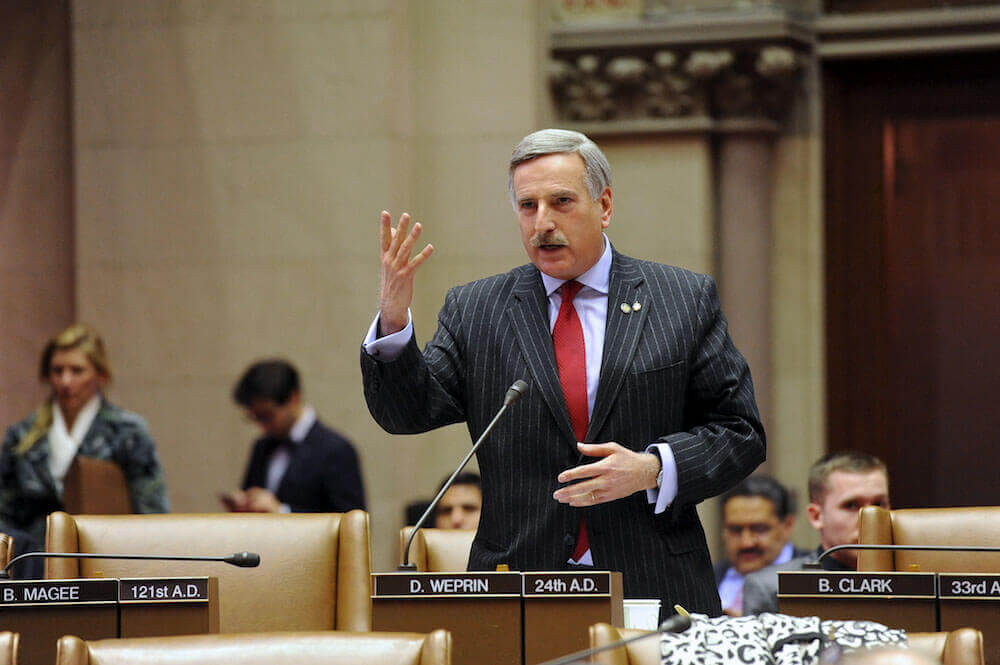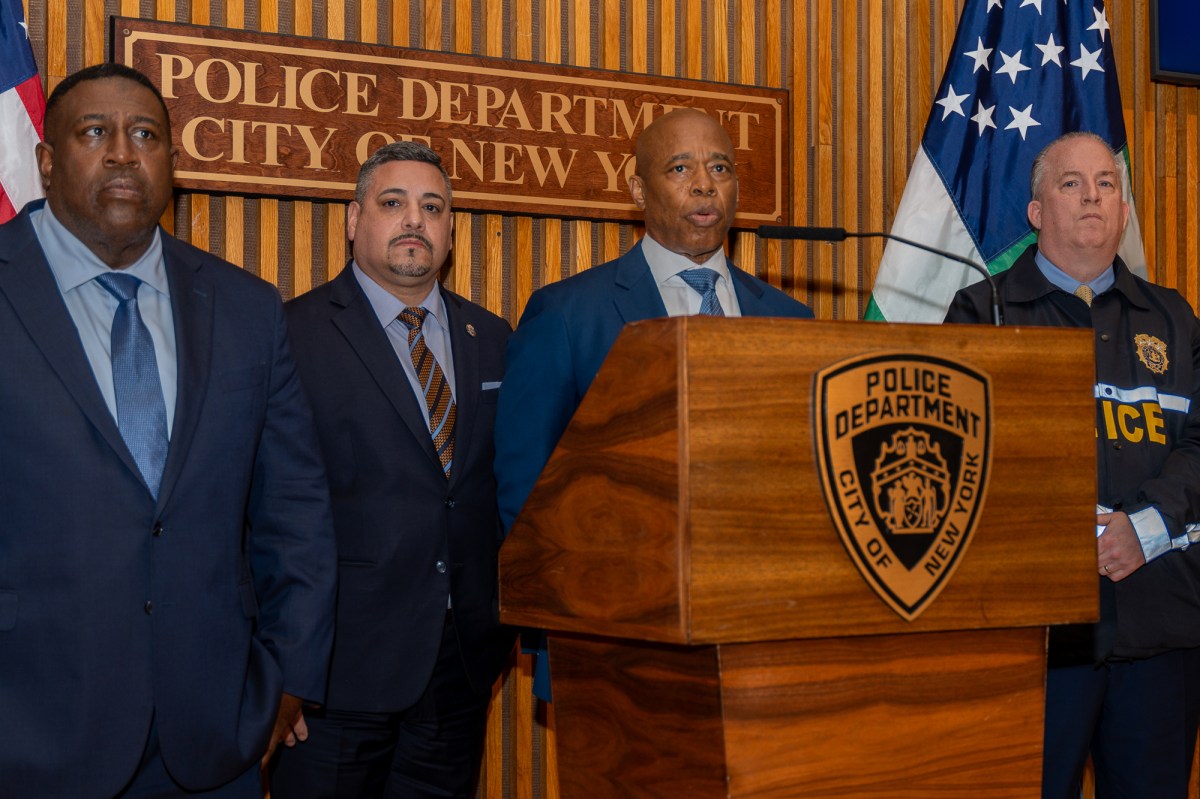By Adam Kramer
The strike authorization gives the New York State Nurses Association, which represents the Mary Immaculate nurses, the right to pull the nurses out on strike if a new contract cannot be worked out.
The next round of negotiations between the nurses and the hospital is scheduled for Jan. 23, said Mark Genovese, assistant director of communications for NYSNA.
“There are three scenarios that could happen after the Jan. 23 negotiations,” he said. “A contract is OK'd and there is no strike, there is progress on the contract and then another negotiation session or if things don't go well, we could present a strike notice 10 days after the negotiating session.”
The nurses have been without a contract since Jan. 31, 2000 and the last negotiation session between the two sides took place Nov. 28.
The chief complaint of the nurses is staffing, he said. There are not enough nurses so each nurse is often responsible for 18 to 22 patients at a time, Genovese said.
According to the facility's registered nurses, the number of patients each nurse is responsible for is “dangerously high.” They complained that due to the patient load, the nurse does not have the time to properly complete her job. The nurses said they cannot administer medication, pick up lab reports or monitor patients.
“Patients treated at Saint Vincents Catholic Medical Centers – Mary Immaculate Hospital receive highly competent and appropriate nursing care,” said Juliet Lewis, a spokeswoman for the hospital. “We have great respect for our nursing staff and we value the professional and compassionate care they provide to our patients.”
She said the hospital will continue to negotiate with the nurses at the bargaining table, but not in a public forum. She was optimistic an agreement would be reached.
“Nurses have told us that they've no time to take breaks, eat meals or even go to the restroom,” said Maria Flores, a NYSNA nursing representative. “To make matters worse, management frequently forces the nurses to work overtime – despite the fact that they may be exhausted or have no child care arrangements.”
Mary Immaculate Hospital is a 261-bed acute care facility at 152-11 89th Ave. in Jamaica. The hospital treats all the medical needs of its patients, Lewis said.
A contract that includes ways to enforce staffing regulations at each of the hospitals units would help to alleviate the problems, Flores said. “Going on strike is a last resort, but that is what the management is pushing us toward,” she said.
Genovese said the normal staffing is one nurse to 14 patients. He said the management claims that the reason for the staffing problems at the hospital is the decline in the nursing population.
He acknowledged the nursing shortage, but said if there were adequate working conditions, the hospital would be able to attract nurses.
When asked to respond to Genovese's comment on Mary Immaculate's working conditions, Lewis said, NYSNA will “say what they want to say to create a reaction, and I will not respond to it.”
Genovese said a recent Chicago Tribune report on nursing around the country backed up what the nurses at Mary Immaculate Hospital have been saying.
The Tribune story said lower nurse staffing at hospitals puts patients in danger because nurses are rushed and cannot put in enough time treating each patient.
Genovese said the nurses have to run from one patient to another and instead of a ratio of one nurse to 14 patients, each nurse has to care for between 18 and 22 patients at Mary Immaculate.

































